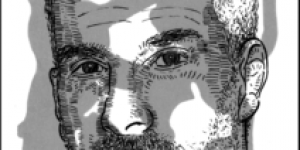The Disappeared Children Of Israel
No Comments yetROSH HAAYIN, Israel — Ofra Mazor, 62, had been looking for her sister, Varda, for 30 years when she submitted her DNA samples to the Israeli genealogy company MyHeritage in 2017. Her mother, Yochevet, who is now deceased, said that she got to breast-feed her sister only once after giving birth to her in an Israeli hospital in 1950. She was told by the nurses that her newborn daughter had died. Ms. Mazor’s mother didn’t believe the nurses and had her husband demand their child back. He was never given the child.
A few months after submitting her DNA, Ms. Mazor received the call she’d been waiting for: A match had been found. Last January, the sisters were reunited. Varda Fuchs had been adopted by a German-Jewish couple in Israel. She was told at a young age that she was adopted. The sisters are part of a community of Israelis of Yemenite descent who for decades have been seeking answers about their lost kin.
Known as the “Yemenite Children Affair,” there are over 1,000 official reported cases of missing babies and toddlers, but some estimates from advocates are as high as 4,500. Their families believe the babies were abducted by the Israeli authorities in the 1950s, and were illegally put up for adoption to childless Ashkenazi families, Jews of European descent. The children who disappeared were mostly from the Yemenite and other “Mizrahi” communities, an umbrella term for Jews from North Africa and the Middle East. While the Israeli government is trying to be more transparent about the disappearances, to this day, it denies that there were systematic abductions.
Read more: https://www.nytimes.com/israel-yemenite-children-affair.html
You May Also Like
Comments
Leave a Reply








